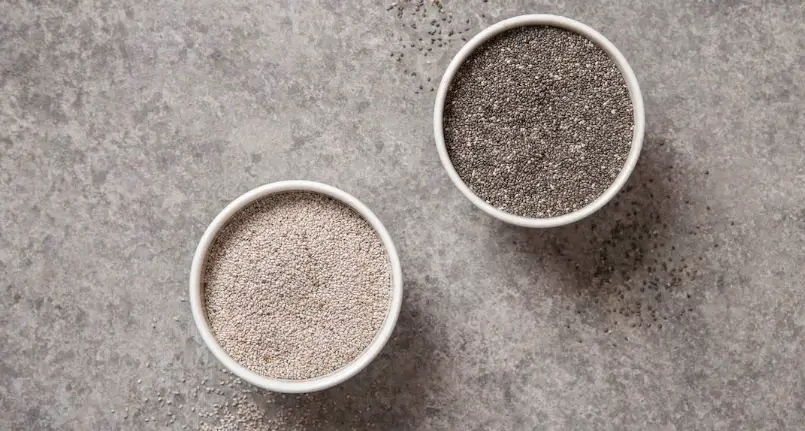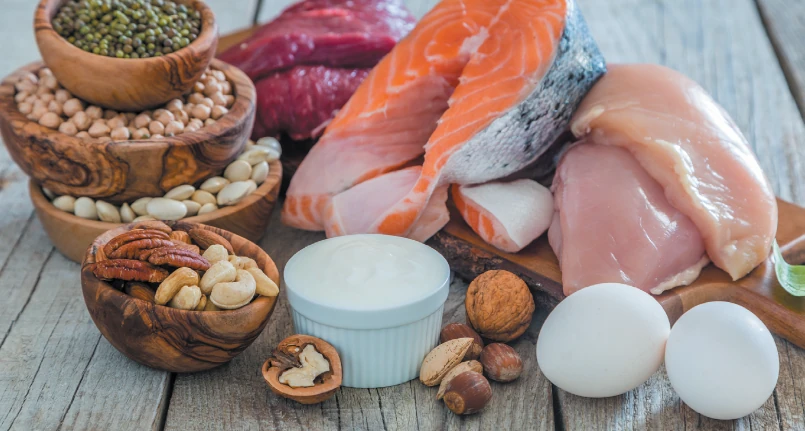Caffeine: pros and cons
The typically Italian coffee ritual can have positive and negative effects on health. Caffeine, the natural stimulant par excellence which is the active ingredient of the most consumed drink in the world, but also of other drinks and foods , is often known for the negative effects deriving from its intake (beyond the recommended daily limit). In fact, we talk about caffeine by associating it with sleep disturbances , tachycardia and anxiety . However, studies also report that it has various health benefits .
What is Caffeine?
Caffeine is the natural stimulant most commonly found in tea, coffee and cocoa plants . It works by stimulating the brain and central nervous system , helping you stay alert and fight fatigue . Caffeinated soft drinks hit the market in the late 1800s, and energy drinks soon followed . Currently, 80% of the world’s population consumes a caffeine-containing product every day. The dose not to exceed of caffeine in a daily diet is 300 mg , about three cups of espresso or 6 cups of tea.
Caffeine: what effects?
This combination further stimulates the brain and promotes a state of arousal , alertness and concentration . Because it affects the brain, caffeine is often referred to as a psychoactive drug .
Where is caffeine found?
- Espresso: 240–720 mg
- Coffee: 102-200 mg
- Yerba mate : 65-130 mg
- Energy drinks: 50-160 mg
- Tea: 40-120 mg
- Decaffeinated coffee : 3–12 mg
- Hot chocolate: 2-7 mg
- Chocolate Milk : 2-7 mg
Some foods also contain caffeine. For example, a portion (about 30 grams) of milk chocolate contains 1-15 mg, while dark chocolate contains 5-35 mg. You can find caffeine in some prescription or over-the-counter medications such as cold , allergy , and pain medications . It is also a common ingredient in weight loss supplements .
Like any other food, coffee has storage times , be careful not to exceed them.
Caffeine: the concentration changes according to the way the coffee is prepared
It is incorrect to speak of “caffeine in a cup of coffee”. The way coffee is prepared, in addition to the quality of the raw material, affects the amount of caffeine in the coffee. In summary: it is lower in instant coffee, intermediate in espresso, high in the classic moka and high in unfiltered coffee or obtained with gravimetric percolation, Neapolitan style.
Benefits of caffeine
- improves mood and brain function;
- blocks adenosine, the brain signaling molecule;
- stimulates brain function;
- improves concentration and reaction time ;
- reduces the risk of brain diseases such as Alzheimer’s and Parkinson’s ;
- increases metabolism and burns fat ;
- improves psychomotor activity, athletic performance and resistance to sleep and fatigue.
Negative effects of caffeine
Caffeine, especially in overdose and if taken by subjects with poor tolerance to the active ingredient, has contraindications . Especially if taken on an empty stomach , it can cause heartburn and heartburn , esophagitis and gastroesophageal reflux . It can cause tachycardia , hypertension and arrhythmias. It has anxiogenic effect and causes tremors , insomnia and excitability, headache , irritability and hot flashes. By reducing the absorption of calcium and iron , it favors the appearance of osteoporosis and anemic conditions.
Caffeine also impacts a type of insomnia linked to concerns of the Covid-19 pandemic: coronasomnia .
Taking caffeine together with alcohol can lead to further damage to your health.
When not to drink coffee
There are physical and/or pathological conditions that worsen with the intake of caffeine, which it is therefore advisable to avoid or consume in minimal doses:
- peptic ulcer
- dyspepsia
- hypersecretory gastritis
- reflux disease
- hypercholesterolemia
- ischemic heart disease
- arterial hypertension and cardiac arrhythmias
- pregnancy (no more than two cups a day)
- fibrocystic mastopathy




